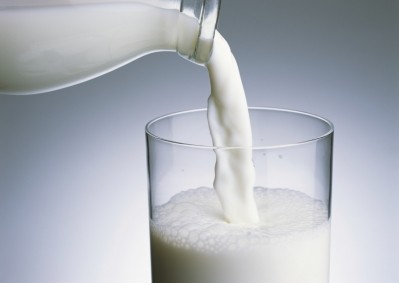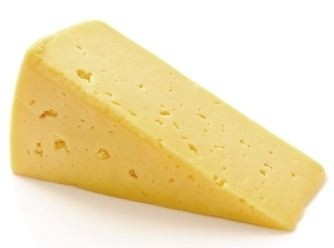Not enough evidence for low saturated fat dietary guidelines, says study
Saturated dairy fats don’t cause heart attacks: study

Long established nutritional guidelines encourage a low intake of saturated fats, which are found in products such as butter, cream, cheese and fatty meat.
But the study, ‘Association of Dietary, Circulating, and Supplement Fatty Acids With Coronary Risk’ says current evidence “does not clearly support” this theory.
Nutrient-rich dairy
Dr Judith Bryans, CEO, Dairy UK, said the focus should instead be on reducing less nutritious foods and is urging the Department of Health to take note.
“This meta-analysis confirms what many individual reviews and studies have shown over the last few years, namely that saturated fats present in nutrient-rich foods such as dairy products do not have a proven negative impact on health,” she said.
Current advice states too much saturated fat raises cholesterol, which increases the risk of heart disease. But Bryans wants a review of guidelines.
“Many efforts to reduce saturated fat intake, including government guidelines, fail to take into account the diversity of saturated fatty acids or their impact when combined with other nutrients such as calcium,” she said.
“We’ve known for years that saturated fats consumed on their own have a significantly different impact than saturated fats present in nutrient-rich foods.
“Focusing on non-nutrient rich foods would be a much more useful approach and I hope the Department of Health will take note of the results and recommendations of this analysis to review their current guidelines.”
New lines of inquiry
In the meta-analysis, 72 studies with over 600,000 participants from 18 nations were analysed.
Researchers claim current evidence does not support guidelines to restrict consumption of saturated fats to prevent heart disease, and say there is not enough support for high consumption of polyunsaturated fats (including omega 3 and omega 6) to reduce the risk of coronary disease.
“These are interesting results that potentially stimulate new lines of scientific inquiry and encourage careful reappraisal of our current nutritional guidelines,” said Dr Rajiv Chowdhury, lead author, University of Cambridge.
“Cardiovascular disease, in which the principal manifestation is coronary heart disease, remains the single leading cause of death and disability worldwide. In 2008, more than 17m people died from a cardiovascular cause globally.
Scientific evidence
“With so many affected by this illness, it is critical to have appropriate prevention guidelines which are informed by the best available scientific evidence.”
The research was part funded by the British Heart Foundation, which says more research is needed. Jeremy Pearson, associate medical director, said, “This analysis of existing data suggests there isn’t enough evidence to say a diet rich in polyunsaturated fats but low in saturated fats reduces the risk of cardiovascular disease.
“But large scale clinical studies are needed, as these researchers recommend, before making a conclusive judgement.”
Source: Annals of Internal Medicine
2014; 160 (6); pages 398-406.
Rajiv Chowdhury, MD, PhD; Samantha Warnakula, MPhil; Setor Kunutsor, MD, MSt; Francesca Crowe, PhD; Heather Ward, PhD; Laura Johnson, PhD; Oscar Franco, MD, PhD; Adam Butterworth, PhD; Nita Forouhi, MRCP, PhD; Simon Thompson, FMedSci; Kay-Tee Khaw, FMedSci; Dariush Mozaffarian, MD, DrPH; John Danesh, FRCP; and Emanuele Di Angelantonio, MD, PhD.
Join us for our free online event, Beverage & Dairy Treatment 2014, on Thursday (March 20 2014). The program starts at 10.15am New York time, 3.15pm in Paris, and explores process technologies including aseptic, ESL and HPP.
Exclusive webinars unite top consultants, suppliers such as GEA Procomac and Avure and brand owners including Coca-Cola Hellenic and Refresco Gerber. Click here to find out more and to register.








